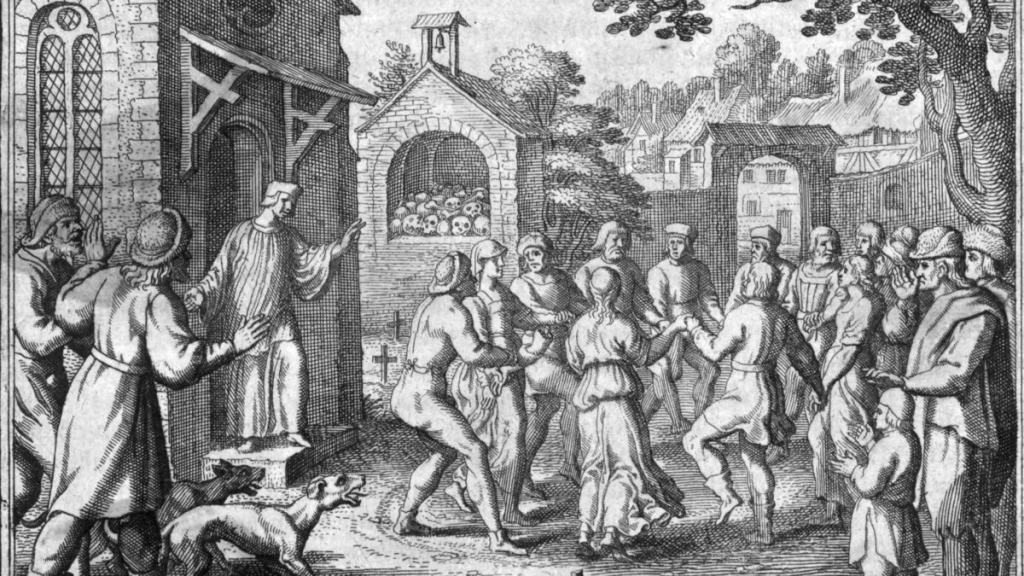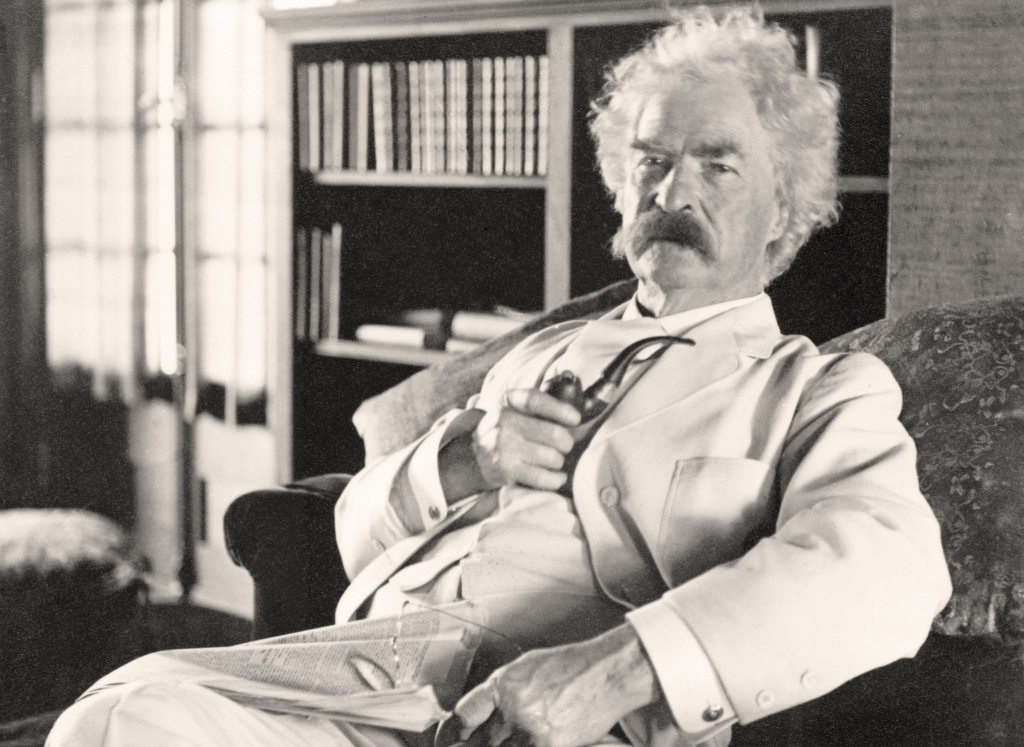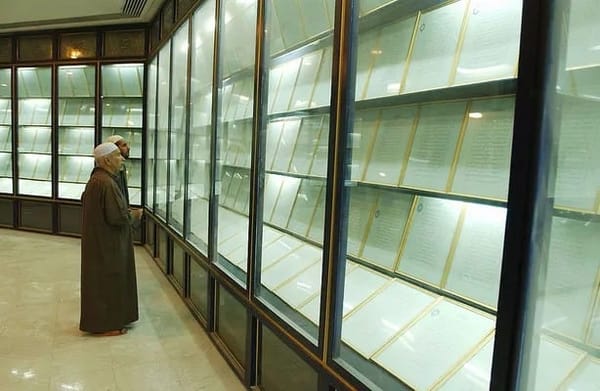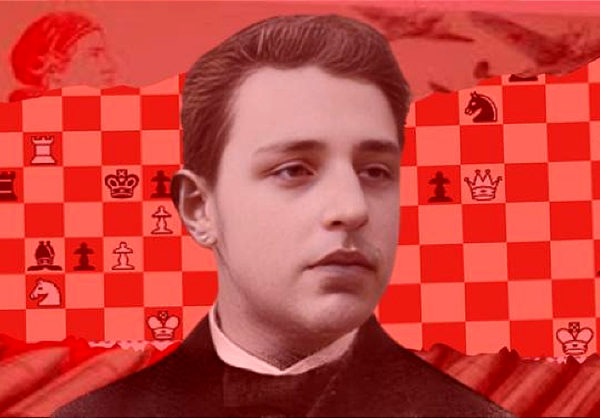The infamous "dancing plague" in Europe in the 16th century

The outbreak began in July 1518 when a woman began to dance fervently in a street in Strasbourg. By early September, the outbreak began to subside. Historical documents, including "physician notes, cathedral sermons, local and regional chronicles, and even notes issued by the Strasbourg city council" are clear that the victims danced; it is not known why. Historical sources agree that there was an outbreak of dancing after a single woman started dancing. It lasted for such a long time that it even attracted the attention of the Strasbourg magistrate and bishop, and some number of doctors ultimately intervened, putting the afflicted in a hospital. Events similar to this are said to have occurred throughout the medieval age including 11th century in Kölbigk, Saxony, where it was believed to be the result of demonic possession or divine judgment. In 15th century Apulia, Italy a woman was bitten by a tarantula, and the venom made her dance convulsively. The only way to cure the bite was to "shimmy" and to have the right sort of music available, which came to be an accepted remedy.
Mark Twain fought for the South in the Civil War, and lasted two weeks

Claire Barrett writes for History.net: "In the summer of 1861, a former riverboat pilot named Sam Clemens went to war, according to the St. Louis Magazine, on a small yellow mule carrying a valise, a carpetbag, two gray blankets, a homemade quilt, a squirrel rifle, 20 yards of rope, a frying pan and, perhaps most importantly of all, an umbrella. The 25-year-old Missourian, alongside 14 other idealistic young men, answered Gov. Claiborne Fox Jackson’s call of 50,000 militia to defend their home state. They called themselves the Marion Rangers, with Twain entering their ranks as a second lieutenant. Clemens had grown up amid slavery in the South. His father had owned slaves. So had his neighbors. In 1860 Twain had voted for John Bell in the presidential election, who, although a Tennessee slaveholder, had opposed secession. Twain’s vote was seemingly a vote for the status quo he had grown up around. But as the war approached Missouri, Twain decided to take a stand — albeit a brief one. In all, the famed author’s stint lasted two weeks."
How killing sparrows led to famine in China

From Carl Seaver for History Defined: "Mao Zedong was the son of a peasant farmer and an anti-imperialist rebel from a young age. Later, when in power, he set major urban and agricultural reforms in motion for the people of China. From 1958 to 1962, the People’s Republic of China championed an initiative, The Great Leap Forward, or the Second Five Year Plan. One of the first actions taken by Chairman Mao during the Great Leap Forward was the Four Pests Campaign. Four Pests was viewed as a way to stop the spread of disease by eradicating the country’s four major pestilence-causing pests. This hygiene campaign targeted mosquitoes, rodents, flies, and sparrows. While the first three were known to spread disease, sparrows were targeted due to their suspected consumption of the country’s grain. This was inconvenient as the Chinese government was focused on increasing the production of the precious food supply."
Magnets erased billion-year-old data from meteorites

From Deena Theresa at Interesting Engineering: "When Jérôme Gattacceca, a paleomagnetist at the European Centre for Research and Teaching in Environmental Geosciences, came across chunks of the Black Beauty (a meteorite that contained crystals that formed on Mars more than 4.4 billion years ago), he was hopeful that it would contain a message from the now-defunct Martian magnetic field, which might have helped the planet sustain life. But, to his utter disappointment, he found that the meteorite's memory had been wiped and replaced by a strong signal. Gattacceca instantly knew that strong hand magnets, a popular technique to identify meteorites, could be the culprit, and reported his experience in Science. Reiterating Gattacceca's views, a new study by Foteini Vervelidou, a planetary scientist at the Massachusetts Institute of Technology has documented the power of the magnets, often made from rare-earth metals such as neodymium. They are about 10,000 times stronger than Earth’s magnetic field."
A group of Inuit schoolchildren invented a new numbering system

Amory Tillinghast-Raby writes at Scientific American: "In the remote Arctic almost 30 years ago, a group of Inuit middle school students and their teacher invented the Western Hemisphere’s first new number system in more than a century. The Kaktovik numerals, named after the Alaskan village where they were created, looked utterly different from decimal system numerals and functioned differently, too. But they were uniquely suited for quick, visual arithmetic using the traditional Inuit oral counting system, and they swiftly spread throughout the region. Now, with support from Silicon Valley, they will soon be available on smartphones and computers—creating a bridge for the Kaktovik numerals to cross into the digital realm. The Alaskan Inuit language, known as Iñupiaq, uses an oral counting system built around the human body. Quantities are first described in groups of five, 10, and 15 and then in sets of 20."
Scientists say global warming has led to more baseball home runs

From the Journal of the American Meteorological Society: "Home runs in baseball—fair balls hit out of the field of play—have risen since 1980, driving strategic shifts in gameplay. Myriad factors likely account for these trends, with some speculating that global warming has contributed via a reduction in ballpark air density. Here we use observations from 100,000 Major League Baseball games and 220,000 individual batted balls to show that higher temperatures substantially increase home runs. We isolate human-caused warming with climate models, finding that >500 home runs since 2010 are attributable to historical warming. Several hundred additional home runs per season are projected due to future warming. Adaptations such as building domes on stadiums or shifting day games to night games reduce temperature’s effects on America’s pastime."
Dad, wait – I'm coming!
"Dad wait, I'm coming!" pic.twitter.com/0Py5UCUCqr
— B&S (@_B___S) April 23, 2023



